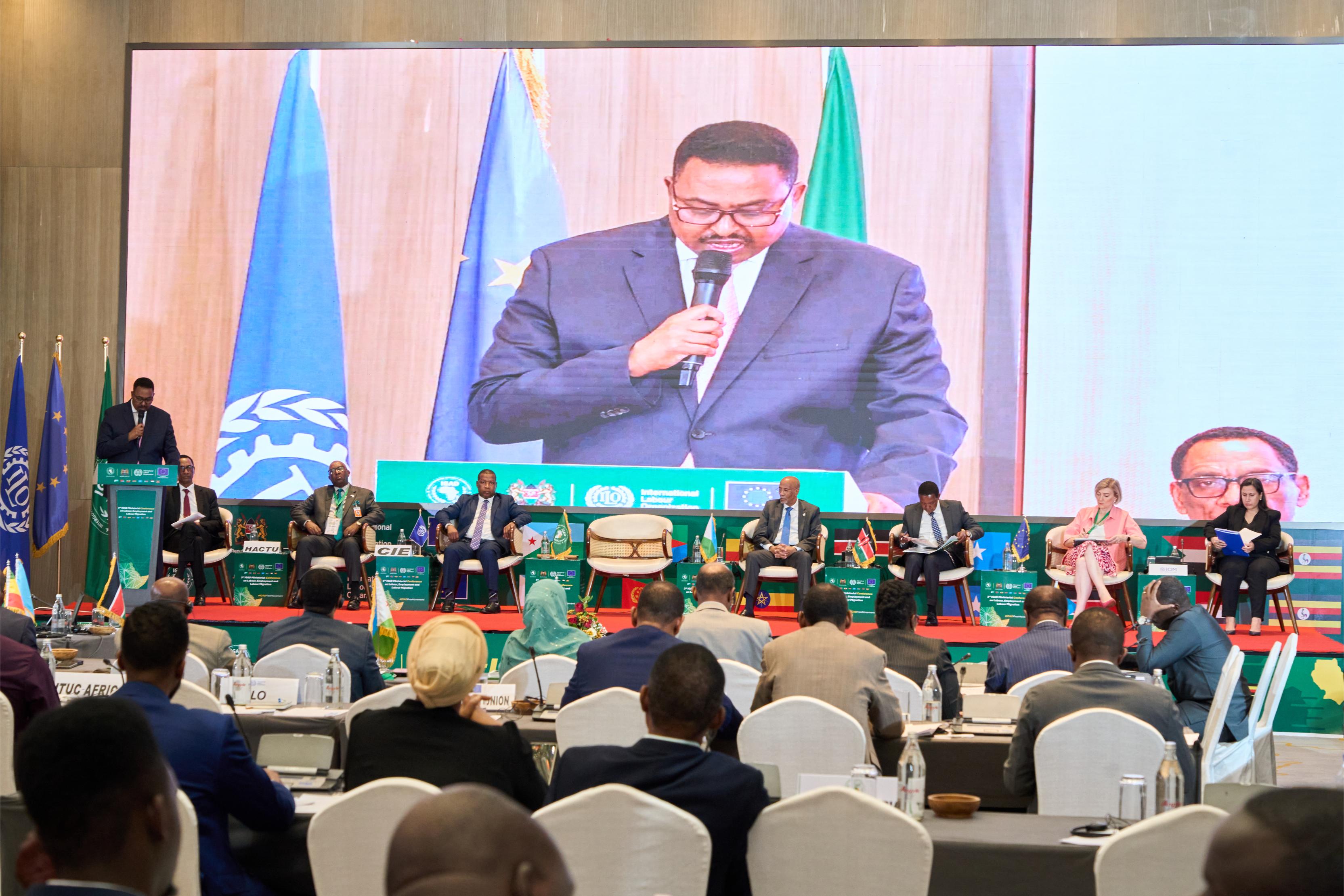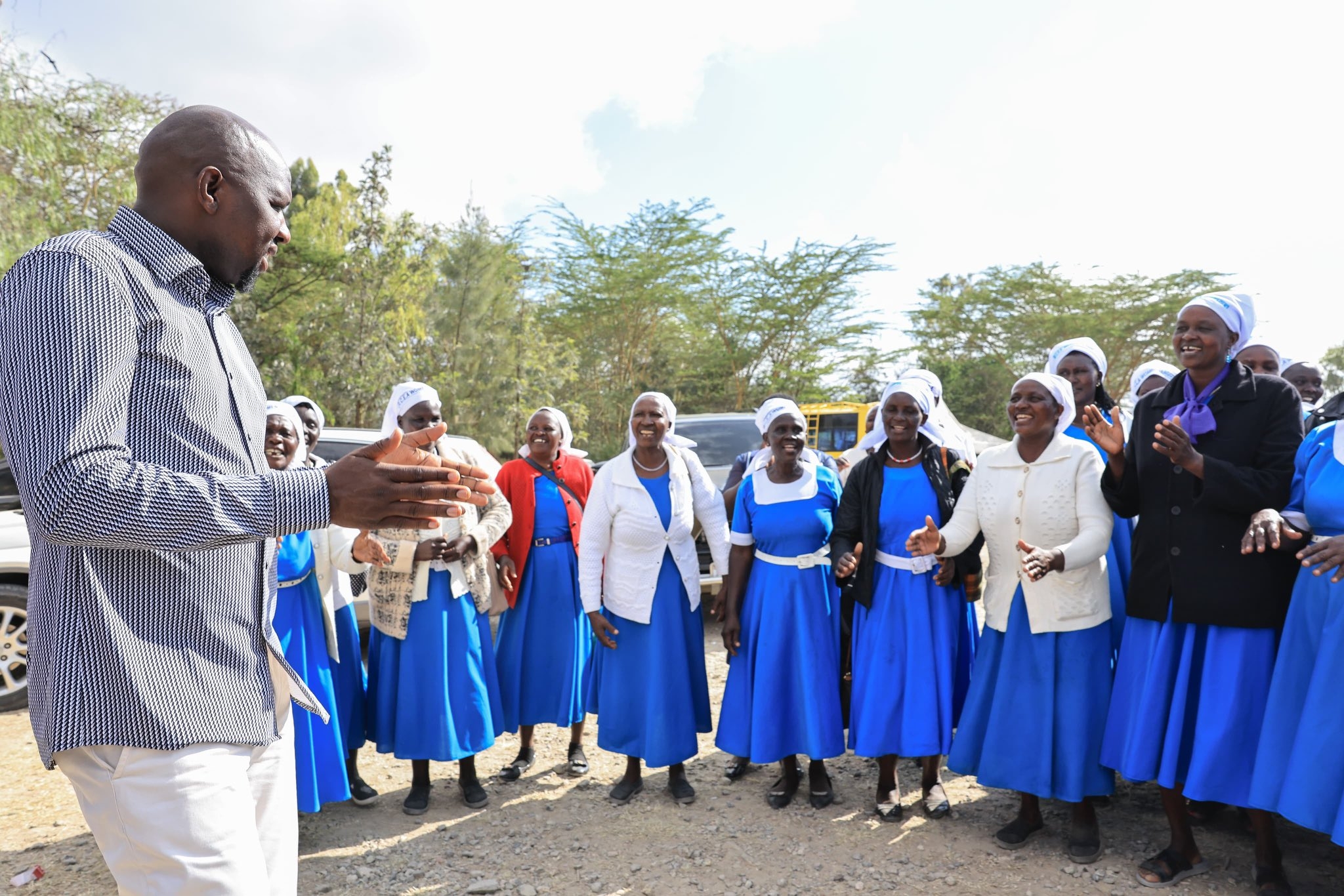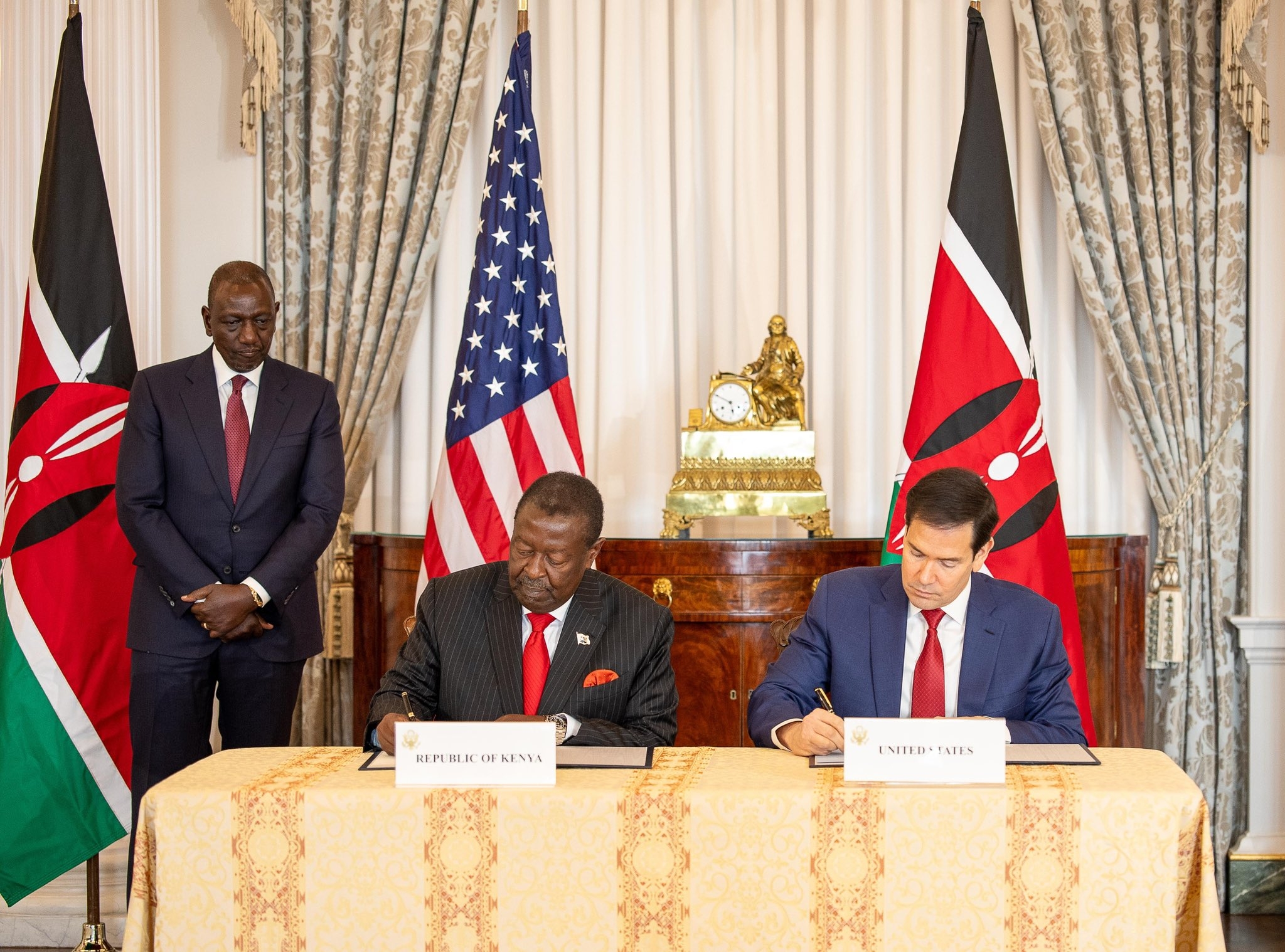

The Intergovernmental Authority on Development (IGAD) has
urged member states and partner countries to adopt binding bilateral labour
agreements that protect the rights and welfare of migrant workers, particularly
those employed in the Gulf region.
Speaking during the 3rd IGAD Ministerial Conference on
Labour, Employment and Labour Migration in Nairobi, IGAD Executive Secretary, Workneh
Gebeyehu called for urgent, coordinated action to address rising cases of
worker abuse, irregular migration, and loss of lives along the Red Sea route.
“This conference must be different. The lives being lost in
the Red Sea, the abuse faced by workers abroad, and youth unemployment pushing
people toward irregular migration demand urgent, coordinated action,” he said.
Gebeyehu emphasized that migration challenges along the Red
Sea corridor require a whole-of-route approach that tackles root causes, offers
humanitarian support to migrants in transit, dismantles trafficking networks,
and ensures decent work and fair treatment in destination countries.
“We need concrete commitments,” he said.
“On these migratory challenges related to this Red Sea
route, we need a whole-of-route approach addressing root causes, providing
humanitarian support in transit, dismantling trafficking networks, and ensuring
decent work in destination countries through equal partnership with Gulf
Cooperation Council states.”
IGAD said the time for research and baseline studies on
labour migration governance had passed, urging governments to focus on
implementation.
“We have done enough and have the information in our hands.
We need functioning bilateral labour agreements that protect workers’ rights,
not just manage flows,” IGAD stated.
The organization also pushed for the creation of portable
social protection systems to allow migrant workers to access healthcare and
other benefits across borders.
“We need portable social protection so a worker from Somalia
can access healthcare in Saudi Arabia. We need regional coordination on fair
recruitment that eliminates exploitative fees,” Gebeyehu added.
He further noted IGAD’s push for a Single Visa Initiative as
a transformative step toward facilitating legitimate movement while reducing
incentives for irregular migration.
Gebeyehu cautioned that technology alone would not resolve
the region’s migration challenges, emphasizing the need for strong political
will.
“We need political will to harmonize labour laws, recognize
qualifications across borders, and ensure economic integration serves working
people, not just capital.”
According to the International Organization for Migration
(IOM) Deputy Regional Director for East, Horn, and Southern Africa, Nihan
Erdogan, the IGAD region now hosts more than 7.5 million international migrants—over
twice the number recorded a decade ago.
The surge comes amid high youth unemployment and mounting
climate pressures that continue to reshape livelihoods across the region.
“Labour mobility offers both a challenge and a solution,” she
said.
“Harnessing it for prosperity requires strong governance and
regional solidarity.”
By August 2025, more than 230,000 people had journeyed along
the Red Sea route toward the Arabian Peninsula, with over 600 reported dead or
missing. Erdogan said these tragic figures underscore the urgency of our task.
IOM and IGAD are jointly implementing the Regional Migrant
Response Plan (MRP) to strengthen migrant protection, humanitarian assistance,
and sustainable reintegration.
The plan also supports member states in improving data
collection to guide national labour-migration policies.
“Since 2018, over one million migrants have received
life-saving support through this collective effort,” Erdogan said.
The IOM official emphasized that the migration crisis along
the Red Sea route urgently requires our collective attention and action, adding
that the organization is working closely with IGAD member states to convene a high-level
ministerial dialogue.
The dialogue will deliberate on irregular migration
challenges, promote safe and regular migration, and enhance inter-state
cooperation.


















